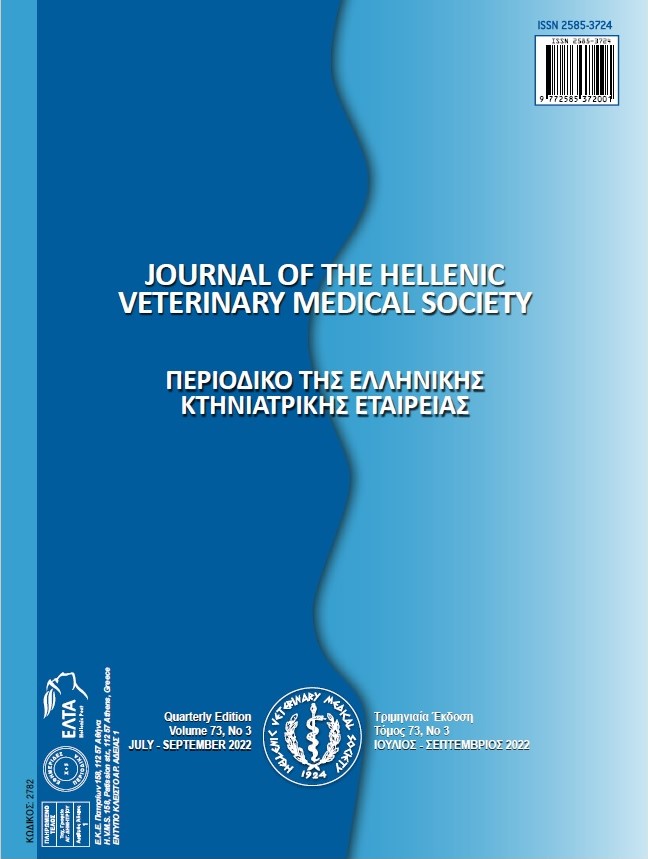Assessing efficiency of dairy goat farms by performance evaluation and benchmarking

Abstract
The efficiency of goat farming sector in Greece is analyzed in this study. A survey was carried out in 96 goat farms, randomly selected in the area of Macedonia and Thrace, Greece. Accounting data were recorded through face-to-face interviews with farmers and Data Envelopment Analysis was applied to estimate technical efficiency (TE) of goat farms. The mean TE estimated at 0.791, indicating that input savings of 20.9% could be achieved. 75% of the goat farms are deemed as inefficient. The gross revenue varies considerably between efficient and inefficient farms, with the first achieving €210.09 and inefficient farms €143.41/doe. Farm size classification reveals significant difference of TE among groups of small and medium sized farms (P≤0.05). The analysis of the existing structure of the farms, compared to the optimal plan resulted from DEA, shows that farms could achieve higher economic results, through a rational use of the available inputs.
Article Details
- How to Cite
-
Batzios, A., Theodoridis, A., Bournaris, T., & Semos, A. (2022). Assessing efficiency of dairy goat farms by performance evaluation and benchmarking. Journal of the Hellenic Veterinary Medical Society, 73(3), 4389–4398. https://doi.org/10.12681/jhvms.27233
- Issue
- Vol. 73 No. 3 (2022)
- Section
- Research Articles

This work is licensed under a Creative Commons Attribution-NonCommercial 4.0 International License.
Authors who publish with this journal agree to the following terms:
· Authors retain copyright and grant the journal right of first publication with the work simultaneously licensed under a Creative Commons Attribution Non-Commercial License that allows others to share the work with an acknowledgement of the work's authorship and initial publication in this journal.
· Authors are able to enter into separate, additional contractual arrangements for the non-exclusive distribution of the journal's published version of the work (e.g. post it to an institutional repository or publish it in a book), with an acknowledgement of its initial publication in this journal.
· Authors are permitted and encouraged to post their work online (preferably in institutional repositories or on their website) prior to and during the submission process, as it can lead to productive exchanges, as well as earlier and greater citation of published work.


